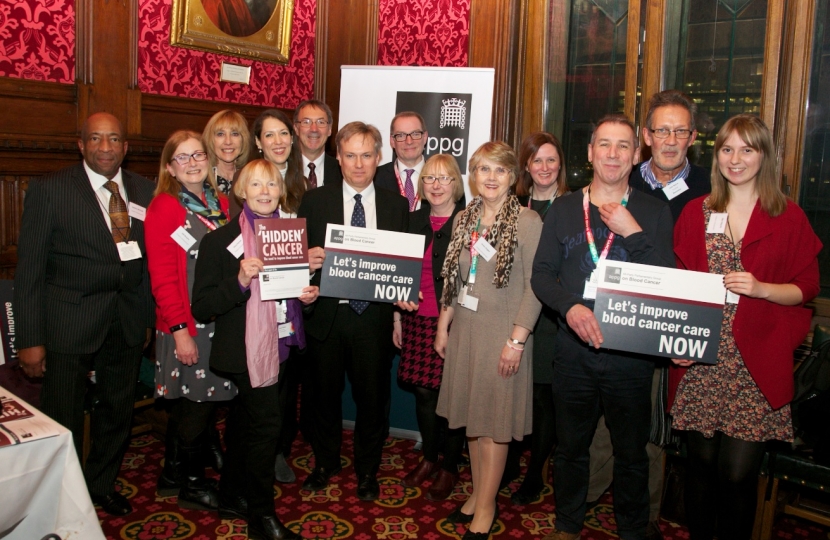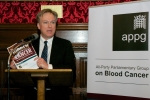
Last week I led a debate in Westminster Hall on the issue of blood cancer care in the NHS. This is a subject close to my heart after my own family’s experiences, and I am grateful for the words of encouragement from other Crawley residents who share my drive to raise awareness of this ‘hidden’ cancer.
Blood cancer is the fifth most common cancer in the UK, and someone is diagnosed every 14 minutes. It is also the most common cancer among people under the age of 30.
Despite this, general awareness among the public, health professionals, and policy makers is very low and we must work together to change this across the country and in Crawley.
Unlike solid cancer tumours, blood cancer cannot be surgically cut out, and consequently blood cancer patients have a very different experience to other people with cancer.
The symptoms can be vague, with patients often reporting general fatigue, night sweats, weight loss, or bruising, all of which can be mistaken for other, less serious conditions such as being run down or flu.
While the NHS Crawley budget will receive a 2.27 per cent cash increase to £161.3 million in 2018-19, there is still lots more to be done.
As Chair of the All-Party Parliamentary Group on Blood Cancer; in the last week I hosted the launch of our first report – ‘The ‘Hidden’ Cancer’ – which highlights the necessity of taking action. A key recommendation of the report is that GPs should immediately request a blood test for anyone presenting with one or more symptoms of blood cancer.
Campaigns such as the Spot Leukaemia awareness drive, organised nationally by Leukaemia Care, do much to help raise the profile of the symptoms of blood cancers. This initiative is supported locally, and in the debate I highlighted Crawley Town FC’s support for this cause as an example of how we can increase understanding of the condition.
It’s vital that the Department of Health & Social Care use the full power of the NHS to ensure that people are diagnosed early, as a delayed diagnosis for some of the 137 types of blood cancer can impact on a patient’s chance of survival, as well as their quality of life.
It falls to MPs, the Government and local health authorities to work alongside charities in the interests of patients. To this end I’ll be following up with the Crawley Clinical Commissioning Group.
Henry Smith MP
Crawley Constituency
House of Commons, London, SW1A 0AA
01293 934554/020 7219 7043
[email protected]
www.henrysmith.info

